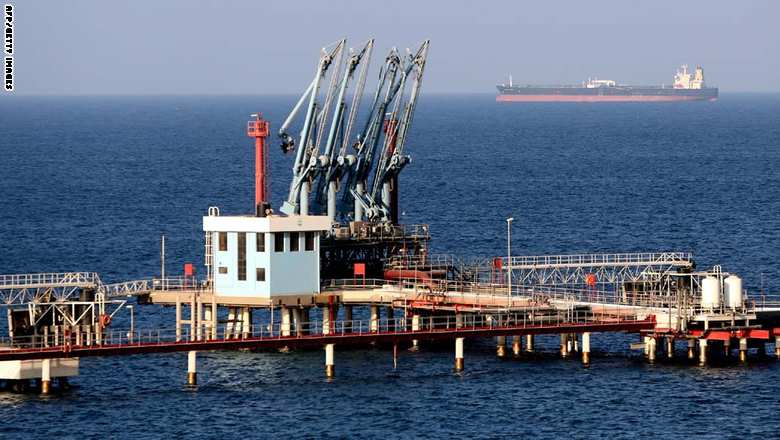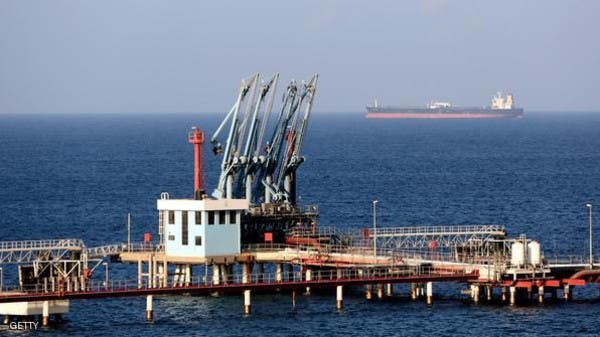business-standard
Over 100 Indian companies are taking part in the Tripoli
International Fair beginning Wednesday, looking for business in health,
education, IT, training, infrastructure, oil and gas, power and
renewable energy in the North
Africa nation that is seeing a slow, troubled transitioning to a democracy.
Besides the exhibiting companies, a 18-member Confederation of Indian
Industry (CII) delegation will also be visiting the country this week to
identify mutually beneficial business and investment opportunities,
Indian ambassador Anil Trigunayat said. The CII hopes to sign an MoU
with the Libyan Business Council.
In return, the Libyan Export Promotion Centre will be invited to lead a
delegation of Libyan business leaders to participate in the Indian
International Fair in New Delhi in November 2014.
Many Indian companies have resumed their projects in Libya after the
fall of the autocratic regime of Moamer Gaddafi. They are perhaps the
few foreign companies currently executing and finishing their projects.
These firms have commissioned major power plants, constructed housing
units, roads and bridges. Several new Indian companies are also looking
for projects in the reconstruction, infrastructure and services space.
IT companies like DSS and JMR Infotech and some others have provided
software and technical support to Libyan Banks and the oil and gas
sector. Also, several Indian companies were discussing the possibilities
of establishing cement factories.
The ambassador said India wished to diversify its relationship with
Libya to include renewables. India has also proposed a new $1 billion
urea project in Libya if the authorities there could guarantee
sufficient quantities of gas.
"This we hope would be a landmark project between the two countries", Trigunayat told IANS.
Indian investments in Libya are more than $4-5 billion, and that these
could increase further "if agreeable conditions and attractive
investment laws are made available to investors", he said.
In 2012, over $2 billion was conducted in trade between the two
countries. Last year, Libyan exports to India fell slightly due to the
restricted Libyan oil supplies.
Next year, India plans to hold an exclusive Brand India fair to showcase
the country's leading industries and companies in engineering,
manufacturing, IT and automobiles.
India wants to help build Libya's human resource capacity by
transferring residual knowhow to Libyans. "We believe in sharing with
other developing nations whatever expertise India has achieved...We are
also ready to provide training and technical support in IT and we are
ready to transfer our knowledge and knowhow to Libya by setting up a
centre of excellence in IT in Libya", Trigunayat stated.
India has offered to build a vocational training institute and an
agricultural laboratory. At the end of April, a training programme with
the Libyan ministry of economy in management, foreign trade, exporting
and the SME sector will begin.
The ambassador also said that India planned to activate the Pan-African E
Network Project in collaboration with the Libyan Ministry of
Information and Communication and Technology which will use satellites
to help Libyans in tele medicine, tele education and e-governance.
This programme is already active in over 30 other African states.
Elections slated to be held in Libya in June that will see a new body
replacing the current General National Congress. Now that Libya is a
democracy, the ambassador said, India is willing to offer more help and
cooperation at different levels.
"We know that democracy is important and India is the biggest democracy
in the world. We are ready and continue to help Libya's election
commissions in preparation for the next elections, as we did in the
previous elections.
"We have also offered to train exclusively for Libya 30 diplomats in
India," Trigunayat said in a separate interview to the Libya Herald
newspaper.
"India is a very important friend and partner and we want to be Libya's real partner in progress," he said.









 ليبيا المستقبل
ليبيا المستقبل .jpg)